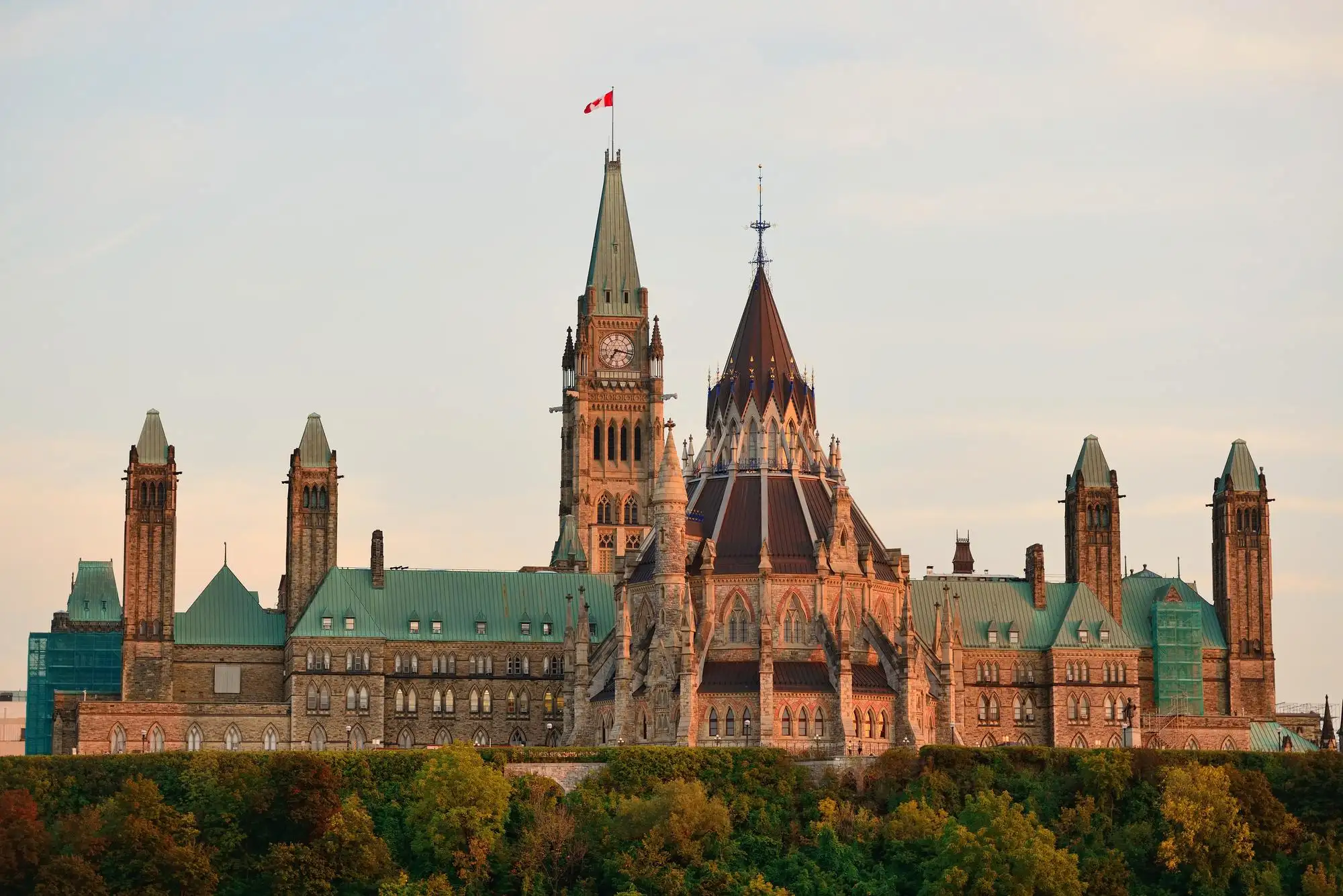The Canadian government has increased the money supply during the COVID-19 pandemic through measures such as lowering interest rates, quantitative easing, increased government spending, and deficit spending. This is in line with economist Milton Friedman’s belief that inflation is primarily caused by an increase in the money supply. Without a corresponding increase in the output of goods and services, prices will rise, causing inflation.
Inflation is often thought of as a gradual increase in prices, but it’s important to remember that it’s also like a tax. As prices rise, the purchasing power of your income decreases, meaning you can buy fewer goods and services with the same amount of money. This can significantly impact your finances over time, especially if you’re not aware of how it’s affecting you.
Recent data reveals inflation is still high
Recent data released by Statistics Canada showed that the inflation rate in December was 6.3%, which is lower than the peak of 8.1% seen in June. While this may seem like a positive development, it’s important to note that 6.3% is still considered a high inflation rate. Additionally, when you look at the data more closely, you’ll see that the overall Consumer Price Index (CPI) actually fell by 0.1% from November. However, this decrease was largely due to lower gas prices. When you exclude energy and food, the inflation rate is still above 5%.
Inflation is a compounding tax
The compounding effect of inflation can be particularly impactful when you’re making large purchases, such as buying a car. For example, suppose at the beginning of 2022, a Toyota Camry was priced at around $35,000. If the inflation rate is 5%, the price of the car will increase to $36,750 at the start of 2023, which is $1,750 more than the previous year. If the inflation rate stays at 5% in 2023, the price of the car will increase to $38,564 at the start of 2024, which is $1,814 more than the price two years earlier. Even though the inflation rate remains the same, the price increases get bigger each year.
Inflation increases HST
Also, keep in mind that, inflation can indirectly affect the amount of HST you pay. As prices rise due to inflation, the overall cost of goods and services increases, and this can lead to an increase in the amount of HST you pay. With an HST rate of 13% in Ontario, The HST on a Toyota Camry priced at $35,000 would be $4,550. With 5% inflation, the HST would increase by $236.5 in 2023 and $478.2 in 2024. This increases the effective inflation rate on the price of a Toyota Camry including HST in 2023 to 5.5% and in 6.1% in 2024.
In conclusion, it’s important to be aware of how inflation can impact your finances. While it may seem like a small increase in prices, over time, the compounding effect of inflation can add up and significantly impact your purchasing power. Understanding the inflation rate and how it affects you can help you make more informed financial decisions.
We’re happy to help
If you have any questions about our article, please feel free to schedule a free consultation with one of our team members.


